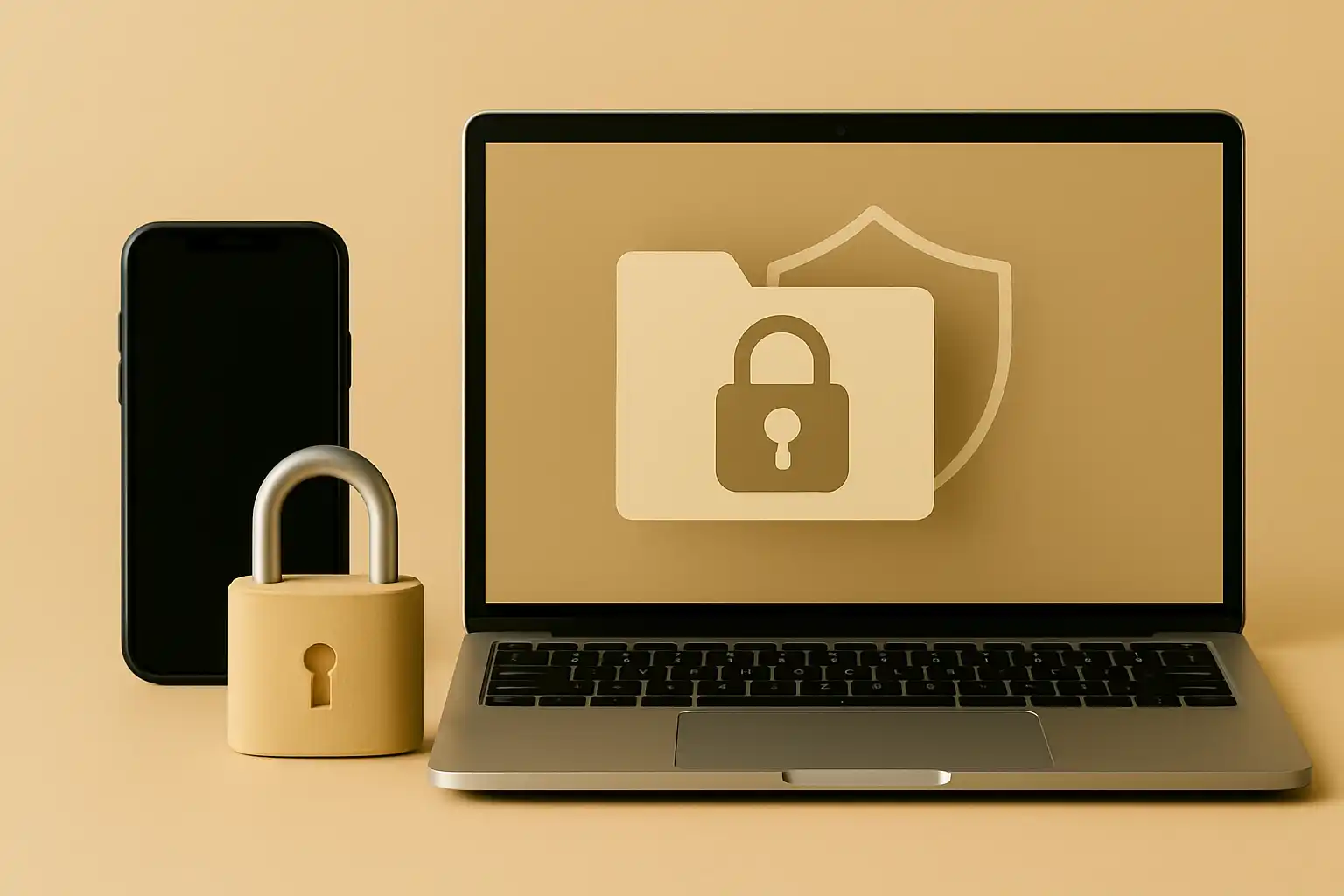Reclaiming Your Digital Footprint: Prioritizing Privacy-First Tech Choices

In our increasingly interconnected world, our digital lives have become intricately woven into the fabric of our daily routines. We share personal information, conduct sensitive transactions, and engage in a constant stream of online interactions, often with little awareness of how our data is being collected, used, and potentially monetized. The convenience and connectivity offered by digital technologies have come at a cost, with many platforms and services operating on business models that prioritize data extraction and surveillance. This landscape of pervasive data collection raises significant concerns about our fundamental right to privacy and the potential for misuse of our personal information.
Making conscious choices about the technology we use and the way we interact online is becoming increasingly crucial for safeguarding our digital well-being. Just as we are mindful of the environmental impact of our consumption habits, we must also cultivate a similar awareness regarding our "data footprint." Poor data privacy choices not only expose us to potential security risks and targeted manipulation but can also contribute to a digital environment that undermines trust and autonomy. Fortunately, a growing movement is championing "privacy-first" technology, offering alternatives that prioritize user rights, data security, and a more ethical approach to the digital realm.
Embracing privacy-first tech involves actively seeking out and supporting tools and platforms that are designed with user privacy as a core principle, rather than an afterthought. This includes opting for encrypted communication apps that protect the content of our conversations, choosing privacy-focused web browsers that minimize tracking and data collection, and exploring open-source tools that offer greater transparency and community oversight. By making these conscious choices, we can reclaim our digital footprint, enhance our online security, and contribute to a technological landscape that respects user rights and fosters a more trustworthy digital experience.
The Erosion of Digital Privacy: Understanding the Risks
The implications of poor data privacy choices extend far beyond mere inconvenience. Our digital footprint can be exploited in various ways, leading to tangible risks:
Surveillance and Tracking: The Invisible Gaze
Many online platforms and services employ sophisticated tracking mechanisms to monitor our online activities, collecting vast amounts of data about our browsing habits, purchase history, location, and social interactions. This data is often used for targeted advertising, but it can also be aggregated, analyzed, and potentially used in ways we are not aware of or have not consented to. This constant surveillance can create a chilling effect on our online behavior and erode our sense of digital freedom.
Data Breaches and Security Risks: Exposing Sensitive Information
Platforms that collect and store large amounts of personal data are prime targets for cyberattacks and data breaches. When our information falls into the wrong hands, it can lead to identity theft, financial fraud, and other serious security risks. Choosing services with robust encryption and security protocols is crucial for minimizing these vulnerabilities.
Manipulation and Influence: The Power of Personalized Data
The vast datasets collected about our online behavior can be used to create detailed profiles that are then leveraged for targeted advertising and even manipulative influence campaigns. Algorithms can be designed to exploit our psychological vulnerabilities and biases, shaping our opinions and decisions without our full awareness.
Lack of Transparency and Control: The Opaque Digital World
Many proprietary software and online services operate with a lack of transparency regarding their data collection and usage practices. Users often have limited control over their data and little insight into how it is being processed and shared. This lack of transparency erodes trust and makes it difficult for individuals to make informed choices about their digital lives.
Embracing Privacy-First Alternatives: Reclaiming Control
Fortunately, a growing ecosystem of privacy-first alternatives is empowering users to take back control of their digital lives:
Encrypted Apps: Securing Your Communications
Choosing encrypted messaging and communication apps is a fundamental step in protecting the privacy of your conversations. End-to-end encryption ensures that only the sender and recipient can read the content of messages, preventing third parties, including the service provider itself, from accessing it. Apps like ProtonMail for email and Signal for messaging utilize strong encryption protocols to safeguard your communications and minimize the risk of interception or unauthorized access.
Privacy-First Browsers: Surfing the Web Anonymously
Traditional web browsers often collect significant amounts of browsing data, which can be used for tracking and profiling. Privacy-first browsers like Brave and DuckDuckGo are designed to minimize tracking, block intrusive ads and trackers, and provide users with greater control over their privacy settings. Brave, for instance, automatically blocks trackers and offers a built-in VPN, while DuckDuckGo focuses on private search that doesn't track your search history or personalize results based on your profile.
Open Source Tools: Transparency and Community Oversight
Opting for open-source software and tools can also enhance your digital privacy and security. Open-source software makes its source code publicly available, allowing for independent scrutiny and community audits to identify and address potential security vulnerabilities or privacy concerns. This transparency fosters trust and allows users to have greater confidence in the software they are using. Many privacy-focused alternatives, including some encrypted apps and browsers, are built on open-source foundations.
Cultivating a Privacy-Conscious Digital Life
Adopting privacy-first tech is a crucial step, but it's also important to cultivate mindful habits in our online interactions. Reviewing privacy settings on all your accounts, limiting the amount of personal information you share online, and being cautious about the permissions you grant to apps are all essential aspects of protecting your digital footprint. By combining privacy-first tools with privacy-conscious practices, we can create a more secure, ethical, and empowering digital experience. The move towards privacy-first tech is not just about individual security; it's about fostering a digital environment that respects user rights and prioritizes a more ethical and sustainable approach to technology.
Related Blogs

Neutralizing Your Tech Footprint: Choosing Carbon-Neutral Tech Purchases
Support climate action by opting for carbon-neutral certified tech and offset programs.

The Silent Energy Thief: Cutting Down Idle Device Usage for a Sustainable Digital Footprint
Improve energy efficiency and extend device life by implementing power-saving settings.

The Unseen Gigabytes: Cutting Your Streaming Carbon Footprint
Reduce your digital carbon footprint by adjusting streaming quality and habits.

Swipe Right on Sustainability: How Digital Decluttering Cultivates a Greener Lifestyle
Insights on digital decluttering for a greener lifestyle in a sustainable way.

Decoding Disposal: Your Essential Guide to Responsibly Recycling E-Waste
Insights on the rise of ethical tech in a sustainable way.

Surfing Sustainably: Unveiling the World of Eco-Friendly Browsing
Insights on eco-friendly browsing in a sustainable way.
Stay in the Loop
Get tips and insights tailored to your interests — no spam, just sustainability.